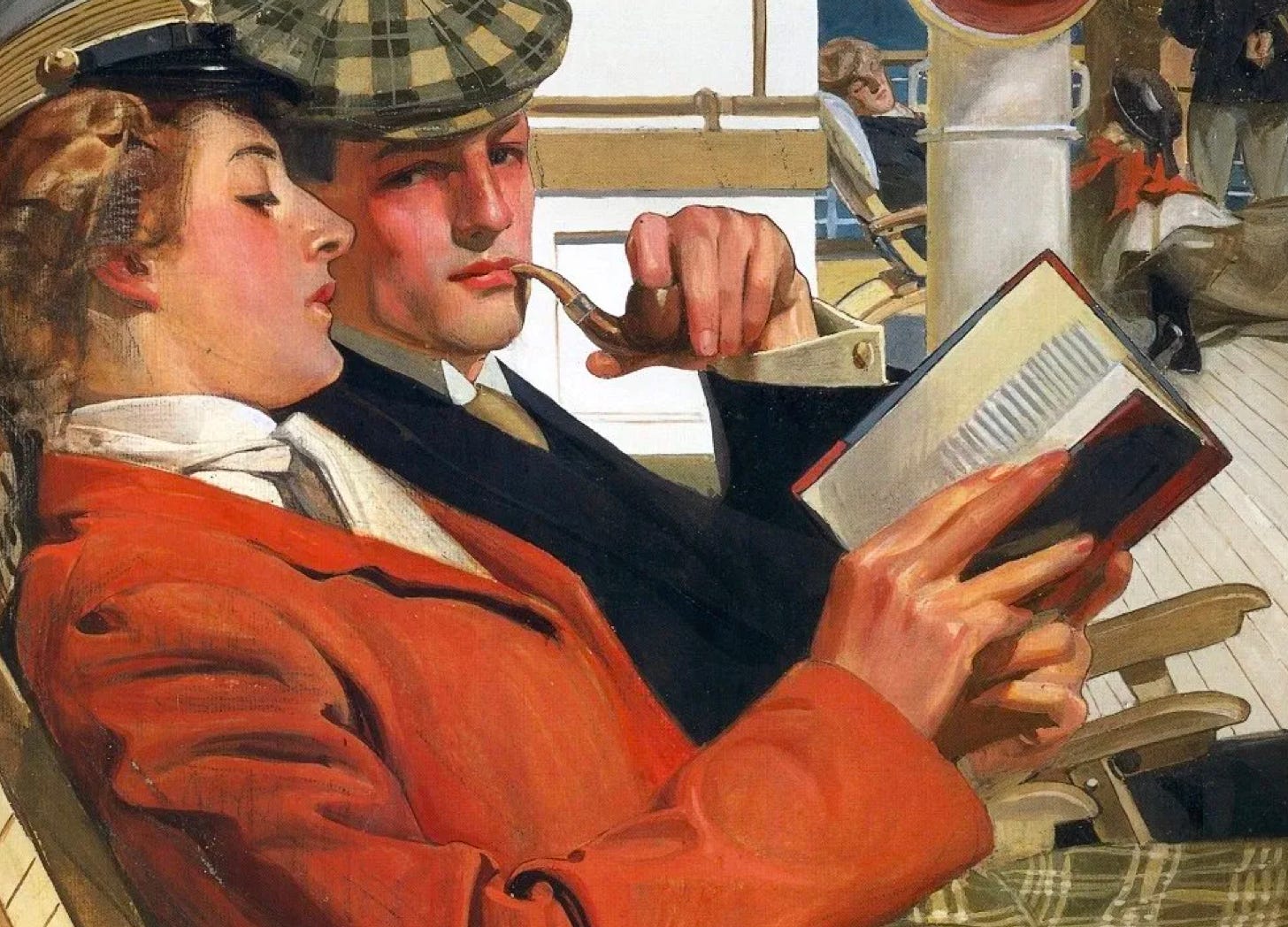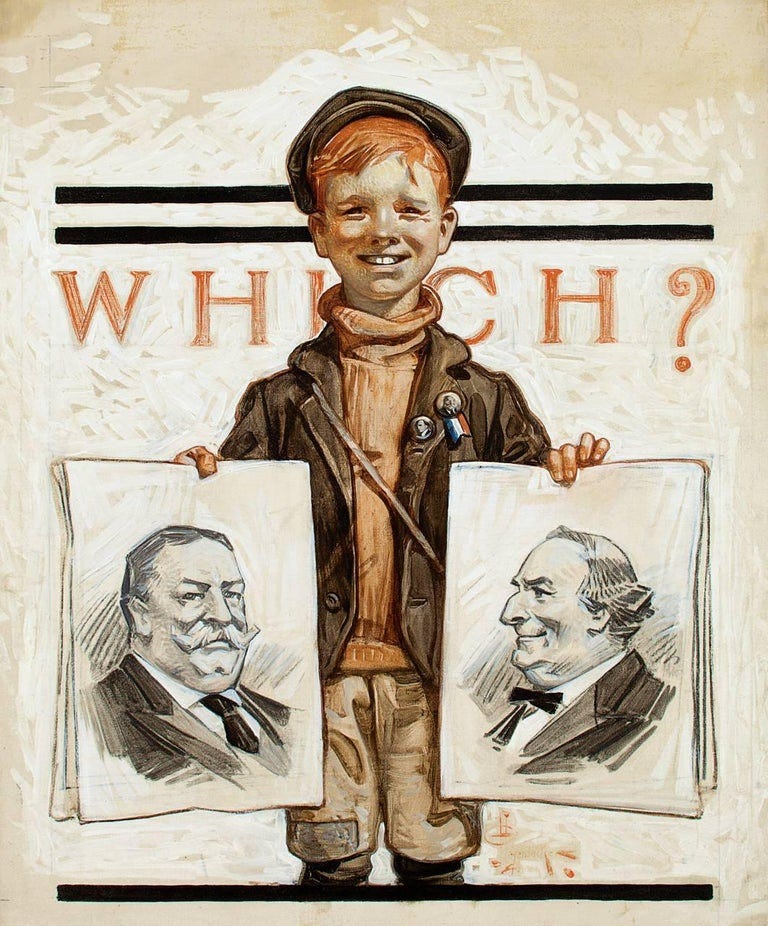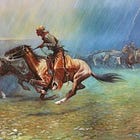A decade ago, economist Bryan Caplan argued that, where access to well-paying jobs was concerned, a college degree served chiefly as a “signaling device.” That is, it showed employers that the graduate was smart enough to get into college and, having done that, sufficiently persistent to complete a long series of (frequently dreary) tasks.
Five years later, the pseudonymous Audacious Epigone wrote an article documenting the long term drop in the average intelligence quotient (IQ) of people who had earned various academic credentials. In particular, he noted that, while the average IQ of Americans who graduated from college in the 1960s was a respectable (if far from spectacular) 111.3, that of their compatriots who earned a bachelors degree in the 2010s was but 100.4. Similarly, people who earned college degrees before 1970 were brighter, on the whole, than folks who earned graduate degrees after 1981.
To put things another way, the ability of a bachelor’s degree to identify the holder as smarter than the average person has disappeared. At the same time, while a graduate degree can still provide that service, the IQ gap between Random Rando, MA (105.8) and Middle O. Dapack (100.0) is closing fast.
If both Professor Caplan and Audacious Epigone are correct, then intelligent people should be looking for alternate ways to showcase their smarts. One obvious way to do this is to take an IQ test. Another is to take an examination, like the Scholastic Aptitude Test, that produces rankings which correlate closely with IQ scores.
Consider, if you will, the hypothetical case of two remarkably similar people applying for the same job. Milo Rando, BA (the younger sibling of the aforementioned Random Rando, MA) recently earned a bachelors degree at a local college.1 Center O. Bellcurve, who devoted the four years since graduating from high school to remunerative employment, recently scored 1000 on his SAT. (This means that half of the people who took the test answered more questions correctly than Mr. Bellcurve, while half were less successful. Moreover, when combined with a “B” average in high school, it correlates with an 89% chance of gaining admission to the aforementioned local college.)
If you were doing the hiring, which of the two applicants would you pick? (A better question might be, “if you would have to work closely with the person whom you hired, which candidate would you prefer?)
To Support, Share, or Subscribe:
For Further Reading:
While the Rando brothers are imaginary, the local college is real.







